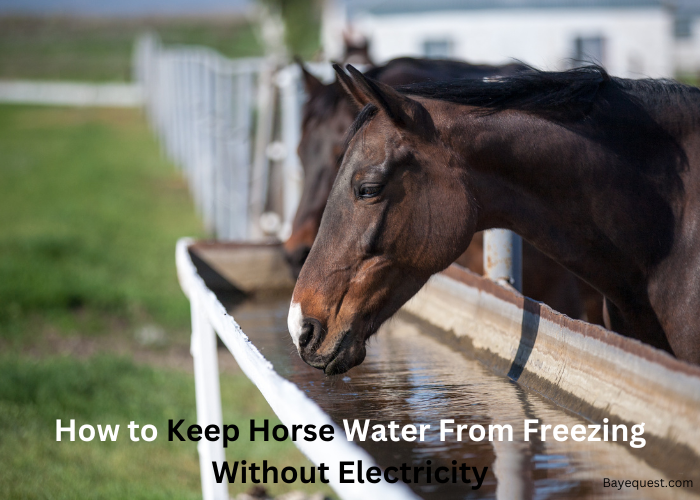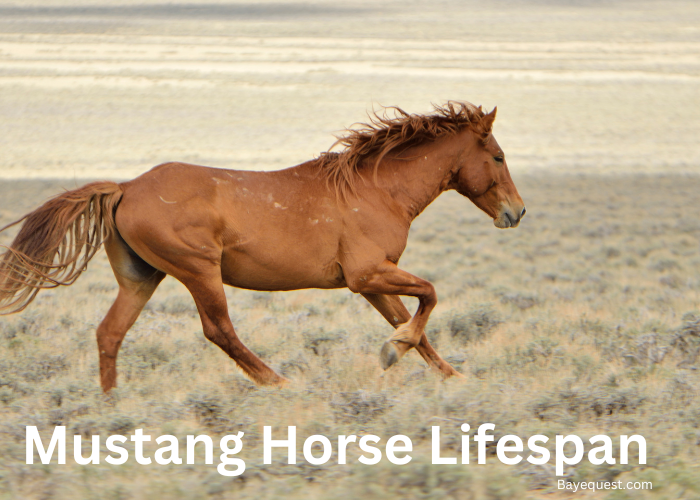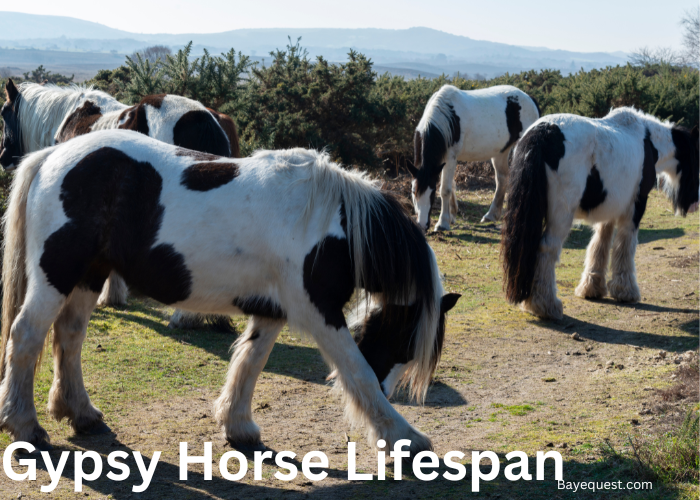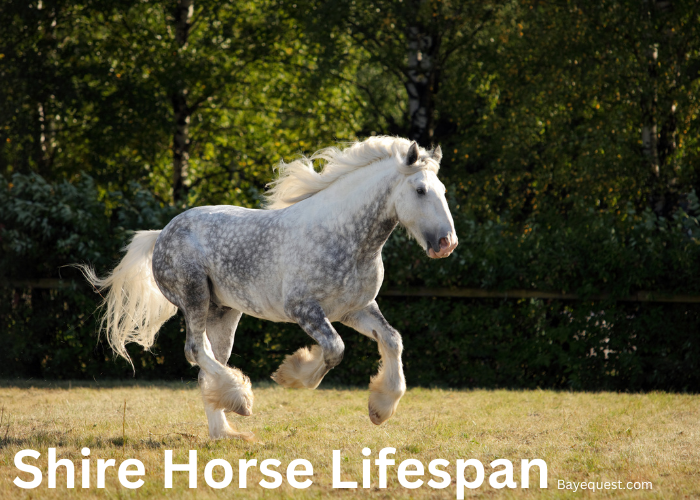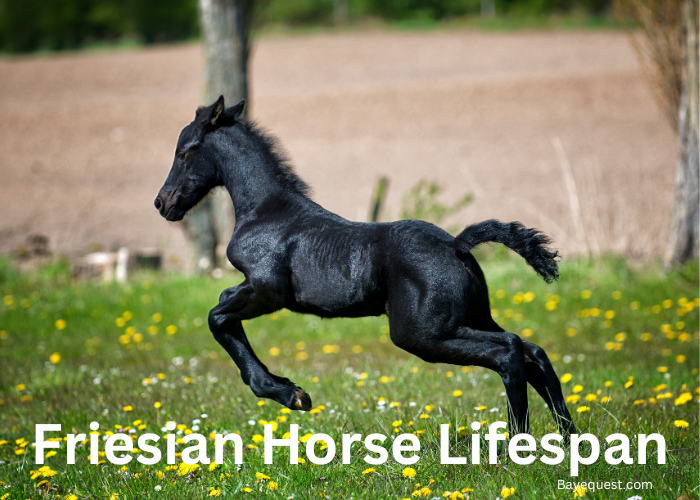Freezing water is a common problem for horse owners in winter. Without electricity, it can be tough to keep water from freezing.
However, there are simple and affordable ways to solve this.
By using smart placement, insulation, and natural heat sources, you can keep water thawed without relying on power.
This blog outlines 14 easy methods that will help ensure your horses always have fresh water, even in freezing temperatures.
Keep your horses healthy and hydrated all winter long with these practical tips.
How to Keep Horse Water From Freezing Without Electricity in Winter: Key Takeaway
To keep horse water from freezing without electricity in winter, try these methods: place troughs in sunny spots, insulate with foam or straw, use larger containers, and cover with tarps. Adding warm water periodically also helps. These easy solutions keep water thawed and ensure your horses always have fresh water.
How to Keep Horse Water Thawed in the Winter Without Electricity: 14 Easy Ways
Keeping horse water thawed in winter without electricity is possible with simple, cost-effective methods.
These 14 easy ways ensure your horses always have access to fresh water, even in freezing temperatures.
1. Locate your trough for sun exposure
One of the easiest ways to keep horse water from freezing in the winter is by placing the trough in a location where it can get as much sunlight as possible.
Sunlight naturally warms the water, slowing down the freezing process.
Try to position the trough in a spot that gets direct sun during the day, ideally on the south or southeast side of a barn or other structure.
If possible, avoid placing it in shaded areas, as they tend to stay colder.
If your location allows for it, moving the trough around throughout the day can maximize sun exposure.
Even a few hours of sunlight can make a difference in keeping the water from freezing, especially during the warmer hours of the day.
By simply relocating your trough, you can save time and effort on other freezing prevention methods.
2. Insulate your trough
Insulating your horse’s water trough is an effective way to keep the water from freezing in cold temperatures.
Insulation helps retain the heat from the sun and prevents the water from getting too cold.
You can use materials like foam board, straw bales, or even old blankets to insulate the trough.
Foam board is lightweight, easy to cut, and provides excellent insulation.
Simply wrap the foam board around the outside of the trough, securing it with tape or twine.
Straw bales can be placed around the trough to act as a natural insulator. They are especially effective if you live in an area with harsh winters.
For a DIY solution, you can also use old blankets or towels wrapped around the trough, though they may need to be replaced or adjusted regularly.
Insulating your trough reduces the chances of freezing and keeps the water at a more consistent temperature.
3. Place a float in the trough
Placing a float in the water trough can help keep it from freezing by creating movement in the water.
A float is an object that sits on top of the water and moves with the wind or temperature changes.
This movement prevents the water from sitting still, which makes it harder for ice to form.
You can use simple materials for the float, like a plastic bottle or foam.
To make a float, fill a plastic bottle with water or saltwater to keep it from blowing away. Then, simply place it in the water trough.
As the wind pushes the bottle around, it keeps the surface of the water from freezing. A foam float works in a similar way.
Just make sure the float is large enough to move freely but small enough to stay afloat easily.
This method is simple and effective in reducing ice formation.
4. Bury your trough
Imagine using the earth itself to help keep your horse’s water from freezing.
Burying your water trough partially in the ground is a simple yet effective method that taps into the natural warmth of the earth.
The ground below the surface stays warmer than the air above, even in the winter months, which helps to maintain the water’s temperature.
By digging a shallow hole and placing the bottom half of the trough in the ground, you create an insulated environment that slows down freezing.
The soil around the trough acts as a natural buffer, keeping the water warmer for a longer time.
This method is useful in areas where temperatures drop sharply, as the ground’s natural heat will prevent the water from freezing overnight.
It’s a low-maintenance solution that reduces the need for additional heating or insulation methods.
5. Heat your trough using composting manure
Another clever way to keep horse water from freezing is by using composting manure as a natural heat source.
Manure, when it breaks down, generates heat through a process called composting.
By placing composting manure around the outside of your water trough, you can take advantage of this heat to keep the water warm.
Create a small mound of manure around the base of the trough, ensuring the heat from the compost is directed towards the water.
The compost will continue to produce heat, especially if it’s actively breaking down, and it can help prevent freezing.
This method works best if you have a regular supply of manure and are comfortable with the extra effort it takes to maintain the compost.
aPlus, it’s a sustainable solution that uses natural resources available on your farm to help keep your horses’ water thawed in winter.
6. Use larger water troughs
Larger water troughs can help prevent freezing because they hold more water, which takes longer to cool down.
When you have a bigger trough, there is more thermal mass, meaning it takes more time for the water temperature to drop.
In cold weather, the larger volume of water will stay above freezing for a longer period.
The increased size means that even if the surface of the water begins to freeze, the deeper parts will remain liquid.
This is especially helpful during overnight freezes or sudden cold snaps.
While larger troughs may require more space and effort to fill, they can significantly reduce the need for extra freezing prevention methods.
Using a larger trough can be a simple yet effective way to keep your horses’ water thawed without the need for electricity.
7. Cover the water
Covering your water trough is a simple way to reduce the chances of it freezing in the winter.
A cover acts as a barrier between the cold air and the water, trapping some heat and preventing the cold from reaching the surface.
You can use a various materials for the cover, such as a large plastic tarp, plywood, or even a specially designed trough cover.
Make sure the cover is secure and fits well to prevent wind from lifting it off.
The cover should allow some ventilation to avoid trapping moisture, which could cause other issues.
A well-fitting cover reduces the exposure of the water to harsh cold temperatures, especially during the night.
This method is affordable, easy to implement, and can significantly extend the time before the water starts freezing.
8. Use propane heaters
A propane heater is a great option to keep horse water from freezing. These heaters work by burning propane to produce heat.
The heat is then directed toward the water trough, preventing the water from freezing, even on the coldest days.
You can place the heater near the trough, but make sure to follow all safety guidelines.
Propane heaters are easy to use and provide consistent warmth. They are especially useful in areas with extremely low temperatures.
Some propane heaters are designed for outdoor use and are safe for use around animals.
Make sure to check the heater regularly to ensure it is working properly.
Although this method requires an ongoing supply of propane, it can save time and effort compared to other freezing prevention techniques.
9. Purchase the right water holder
Choosing the right water holder can make a big difference in keeping your horse’s water from freezing.
Some water troughs and buckets are designed specifically for cold weather.
Look for insulated models that have thicker walls or built-in features that retain heat.
These water holders are usually made from durable materials like plastic or rubber, which can handle low temperatures without cracking.
Some even come with heating elements built into the bottom to keep the water warm.
When buying a water holder, consider the size, as larger troughs will retain heat better than smaller ones.
Also, check if the material is resistant to freezing and if it can handle outdoor conditions.
Investing in the right water holder is a long-term solution that can save you time and effort in winter.
10. Add warm water periodically
Adding warm water to your horse’s trough can help prevent freezing, especially during very cold nights.
When the temperature drops, the water in the trough may start to cool, so topping it up with warm water can help maintain a higher temperature.
This method works best when you check the water several times a day and add just enough warm water to keep the overall temperature above freezing.
Be careful not to use water that is too hot, as it could shock your horse if they drink it.
A good time to add warm water is in the morning or late afternoon when temperatures are the coldest.
Regularly adding warm water can buy you extra time before the water starts to freeze. This is a low-cost and simple solution to reduce ice formation.
11. Place the water bucket inside a larger container filled with salt
Placing your water bucket inside a larger container filled with salt is a simple and effective way to keep the water from freezing.
The salt surrounding the bucket creates a barrier that helps insulate the water and maintain its temperature.
Saltwater has a lower freezing point than fresh water, which means it takes longer for the water to freeze.
To do this, fill a large container with salt and place your smaller water bucket inside it.
The salt will absorb and retain heat from the ground, keeping the water warmer for longer.
Make sure the salt is packed tightly around the bucket to maximize the insulating effect.
This method is inexpensive and works well in areas with moderate cold.
However, be careful not to let the salt mix with the water your horses drink, as salt can be harmful in large amounts.
12. Use a tire tank
If you have old tires lying around, they can be turned into an effective water tank for your horses.
A tire tank works by using the insulating properties of the rubber to help keep the water from freezing.
The thick rubber walls absorb heat from the ground and prevent cold air from reaching the water, keeping it warmer for longer.
To create a tire tank, simply stack a few large tires and fill them with water.
You can even add a layer of sand or dirt between the tires to increase insulation.
While this method might not prevent freezing in extremely cold conditions, it can be a helpful, low-cost solution for milder winter temperatures.
Tire tanks are durable, easy to maintain, and an excellent way to recycle old tires. Just make sure the setup is stable to avoid spills and accidents.
13. Always keep the trough full
Keeping your water trough full is one of the easiest ways to reduce the risk of freezing.
When a trough has more water, it takes longer for the water temperature to drop.
The larger volume of water is slower to cool, which helps prevent freezing, especially during the night.
A full trough also helps maintain a more consistent temperature, as the surface of the water isn’t exposed to the cold air for as long.
Make it a habit to check the water levels and top them up regularly, particularly during very cold weather.
If you can, try to fill the trough early in the day to give it time to warm up with the sun before the temperatures drop at night.
14. Group multiple drinking buckets in a shield
If you have more than one drinking bucket for your horses, grouping them together inside a protective shield can help prevent freezing.
By placing the buckets close together, you reduce the exposure of the water to cold air, which slows down the freezing process.
A shield, like a large tarp, wooden frame, or even a plastic enclosure, can further protect the buckets from wind and snow.
The combined heat from the buckets will help keep the water warmer, as they share heat between them.
This setup is useful in outdoor areas where wind and snow are a constant challenge.
Grouping the buckets together also reduces the need for individual heating systems, saving both time and effort.
Safety Measures to Consider When Keeping Horse Water From Freezing
Avoid harmful chemicals
Do not use chemicals like antifreeze to prevent freezing, as they are toxic to horses.
Ensure proper ventilation
When using covers or enclosures, ensure proper airflow to avoid moisture buildup that could harm the water quality.
Check water regularly
Regularly inspect water levels and temperatures to prevent any hidden freezing or contamination.
Secure heaters properly
If using propane or electric heaters, ensure they are safely installed and monitored to prevent fire hazards.
Use non-toxic insulation
When insulating troughs, avoid materials that could break down and become harmful if ingested.
Avoid overfilling
Ensure troughs are not overfilled, as freezing water can expand and cause damage to the container.
Monitor water temperature
Maintain the water at a safe drinking temperature for horses, avoiding extremes that could cause health issues.
Interesting read: How Many Gallons of Water Does a Horse Drink a Day?
How to Keep Livestock Water From Freezing: Conclusion
Keeping horse water from freezing in winter without electricity is entirely possible with a little creativity and effort.
By using simple methods like positioning troughs in sunny spots, insulating, or adding warm water, you can ensure your horses have access to fresh, thawed water.
These solutions are cost-effective, easy to implement, and safe for your horses. Winter doesn’t have to mean frozen water or extra stress.
With these practical tips, you’ll keep your horses healthy, hydrated, and happy all season long.




